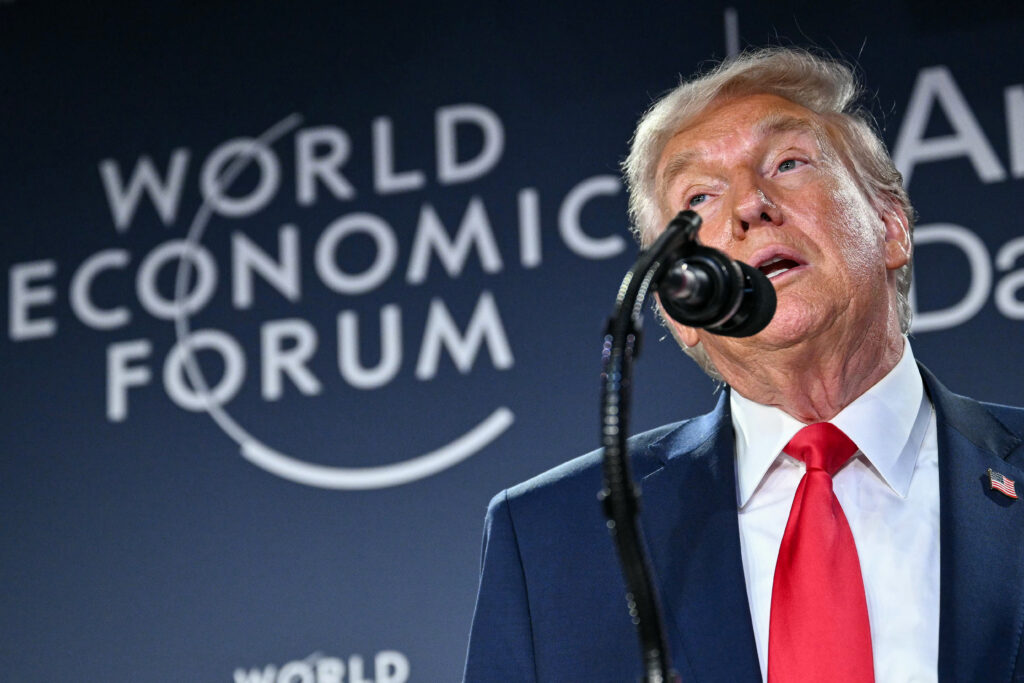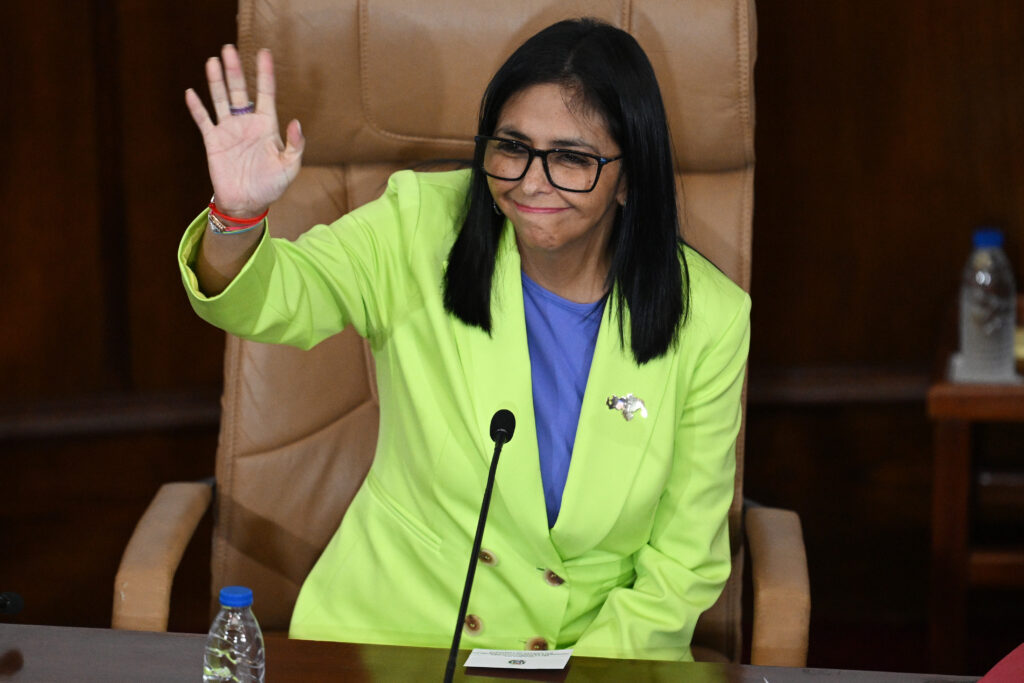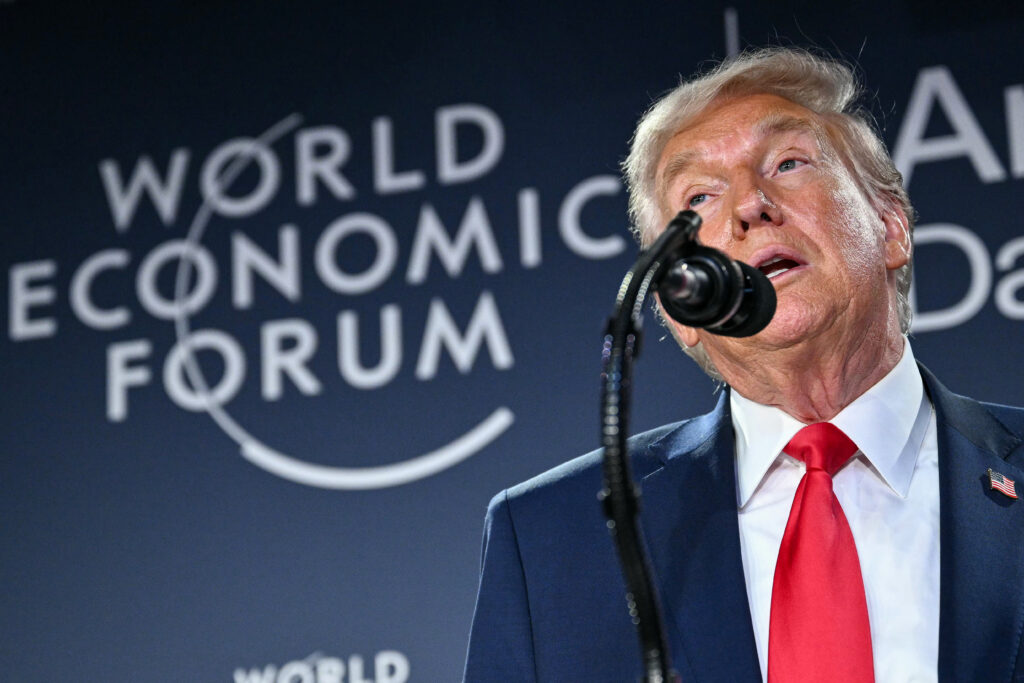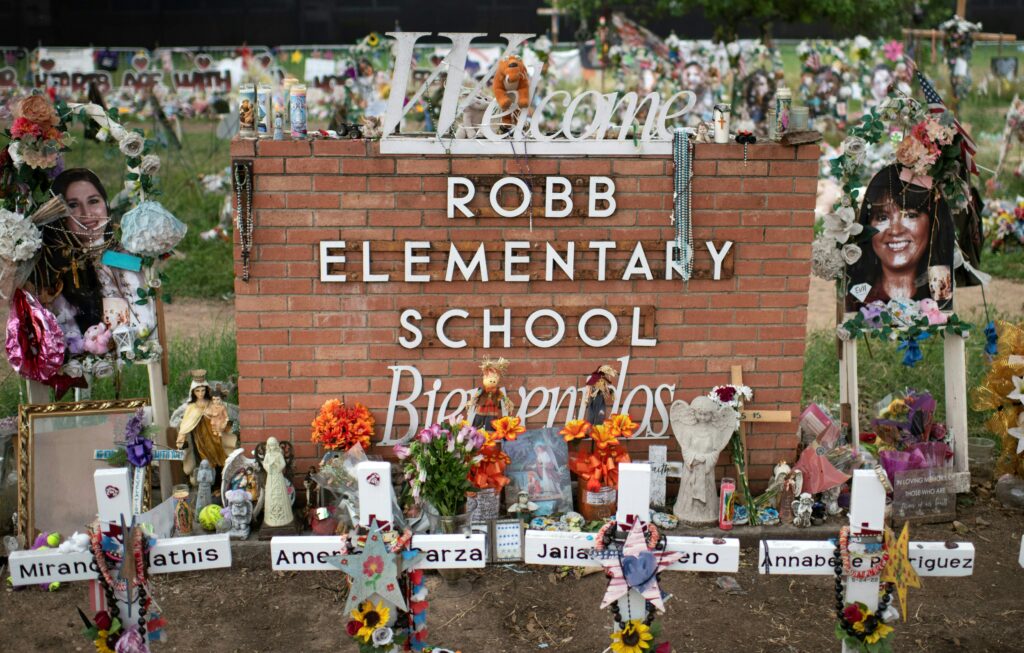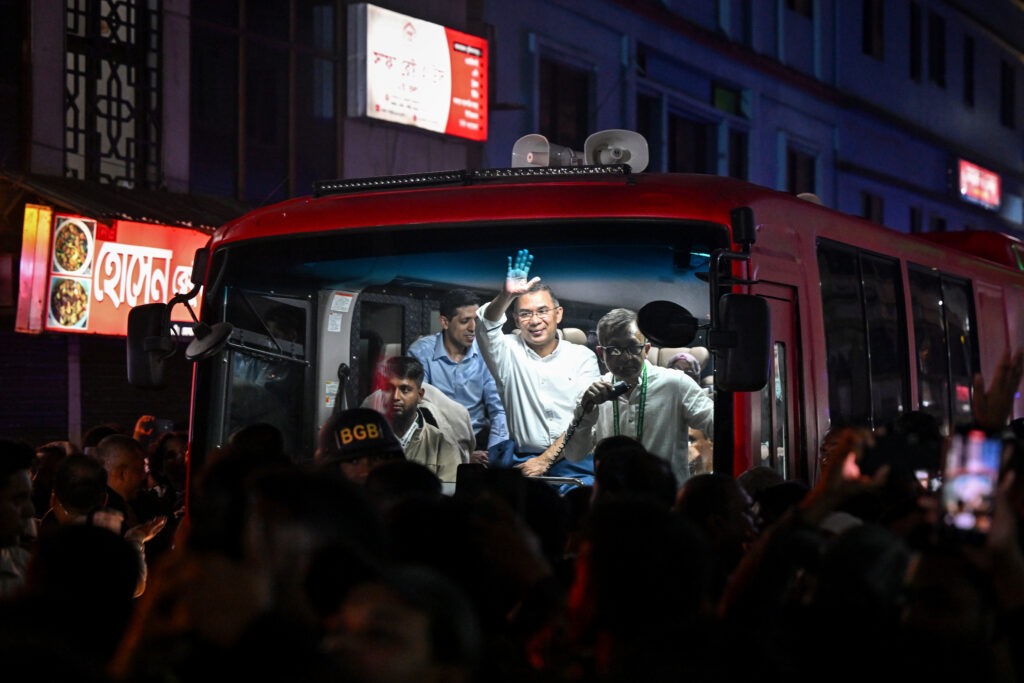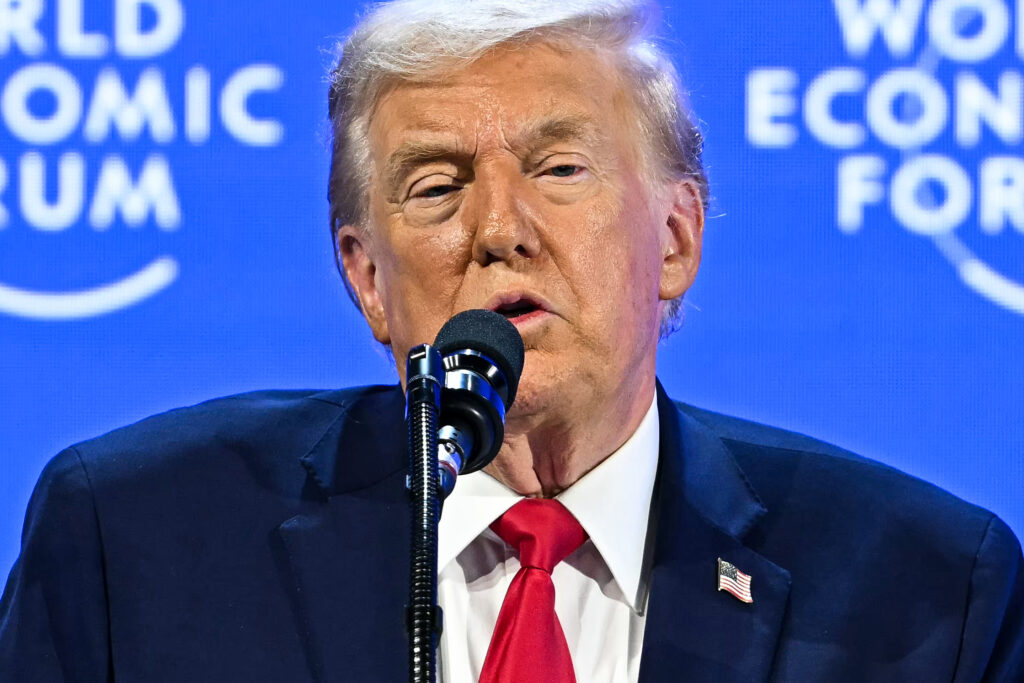Après sa reculade sur le Groenland, Trump dévoile son “Conseil de paix” à Davos
Donald Trump dévoile son nouveau “Conseil de paix” et rencontre le président ukrainien, Volodymyr Zelensky, jeudi à Davos, tentant de muscler son bilan d’autoproclamé “faiseur de paix” après avoir désamorcé la veille le conflit sur le Groenland qu’il avait lui-même provoqué.Après des semaines de déclarations plus agressives les unes que les autres, le président américain a subitement annoncé mercredi soir dans la station huppée des Alpes suisses, où il participe à la réunion du Forum économique mondial, “le cadre d’un futur accord” sur le Groenland. Il a aussi levé ses menaces douanières autant que militaires.Jeudi, il doit participer à 09H30 GMT à la cérémonie de signature de la charte fondatrice d’un “Conseil de paix” à sa main, censé œuvrer à la résolution des conflits dans le monde en concurrence avec l’ONU.Il avait initialement été conçu pour superviser la reconstruction de Gaza. Mais le projet de charte prévoit un mandat bien plus vaste que la seule question du territoire palestinien.- Ticket d’entrée à un milliard -Le ticket d’entrée est d’un milliard de dollars pour un siège permanent. Donald Trump a affirmé à Davos que Vladimir Poutine avait accepté l’invitation. Un peu plus tôt, le président russe avait lui seulement indiqué que son ministère des Affaires étrangères avait été “chargé d’étudier” la proposition américaine.Le Premier ministre israélien Benjamin Netanyahu a fait savoir qu’il avait accepté de siéger.Des alliés clés des Etats-Unis, notamment la France et le Royaume-Uni, ont exprimé leur scepticisme face à ce “Conseil de paix”. Mais de nombreux pays du Moyen-Orient sont partants, dont l’Arabie saoudite ou le Qatar.Environ 35 dirigeants ont déjà accepté de s’y rallier, sur quelque 50 invitations envoyées, a indiqué mercredi un haut responsable de l’administration Trump aux journalistes.”Je pense que c’est le meilleur conseil jamais formé”, s’est vanté Donald Trump mercredi lors d’une rencontre avec son homologue égyptien, Abdel Fattah al-Sissi, qui fait partie de ceux ayant accepté l’invitation.Le président américain ne cache pas sa frustration de ne pas avoir eu le prix Nobel de la paix, alors qu’il affirme régulièrement avoir mis fin à huit guerres, un bilan contesté.- Rencontre avec Zelensky -L’invitation de Vladimir Poutine inquiète particulièrement les alliés des Etats-Unis, notamment l’Ukraine qui cherche à mettre fin à presque quatre ans de guerre avec la Russie qui a envahi son pays en février 2022.Donald Trump a prévu de rencontrer le président ukrainien, Volodymyr Zelensky, après le lancement de son “Conseil de paix”.A Davos mercredi, il a affirmé que la Russie et l’Ukraine seraient “stupides” de ne pas arriver à un accord pour mettre fin au conflit, qu’il avait promis de régler en une journée en prenant ses fonctions il y a un an.Et il a répété que les présidents russe et ukrainien étaient proches d’un accord, une affirmation qu’il a souvent répétée même s’il a alternativement blâmé l’un ou l’autre pour l’absence de cessez-le-feu.Réticent de longue date à fournir de l’aide à l’Ukraine, Donald Trump a jugé mercredi à Davos que c’était à l’Otan et à l’Europe de “s’occuper de l’Ukraine”, et pas aux Etats-Unis.L’émissaire américain Steve Witkoff doit cependant partir de Davos pour se rendre à Moscou jeudi, avec le gendre de Donald Trump, Jared Kushner, pour des discussions avec Vladimir Poutine.Volodymyr Zelensky s’était dit “inquiet” mardi d’une perte d’attention internationale sur le conflit en Ukraine, le plus sanglant en Europe depuis la Deuxième guerre mondiale, à cause du différend causé par les velléités du président américain de s’emparer du Groenland.Donald Trump a assuré mercredi avoir conçu avec le chef de l’Otan Mark Rutte “le cadre d’un futur accord concernant le Groenland”.Il y a “encore beaucoup de travail à faire” pour trouver un accord sur le Groenland, a cependant déclaré à l’AFP M. Rutte.
